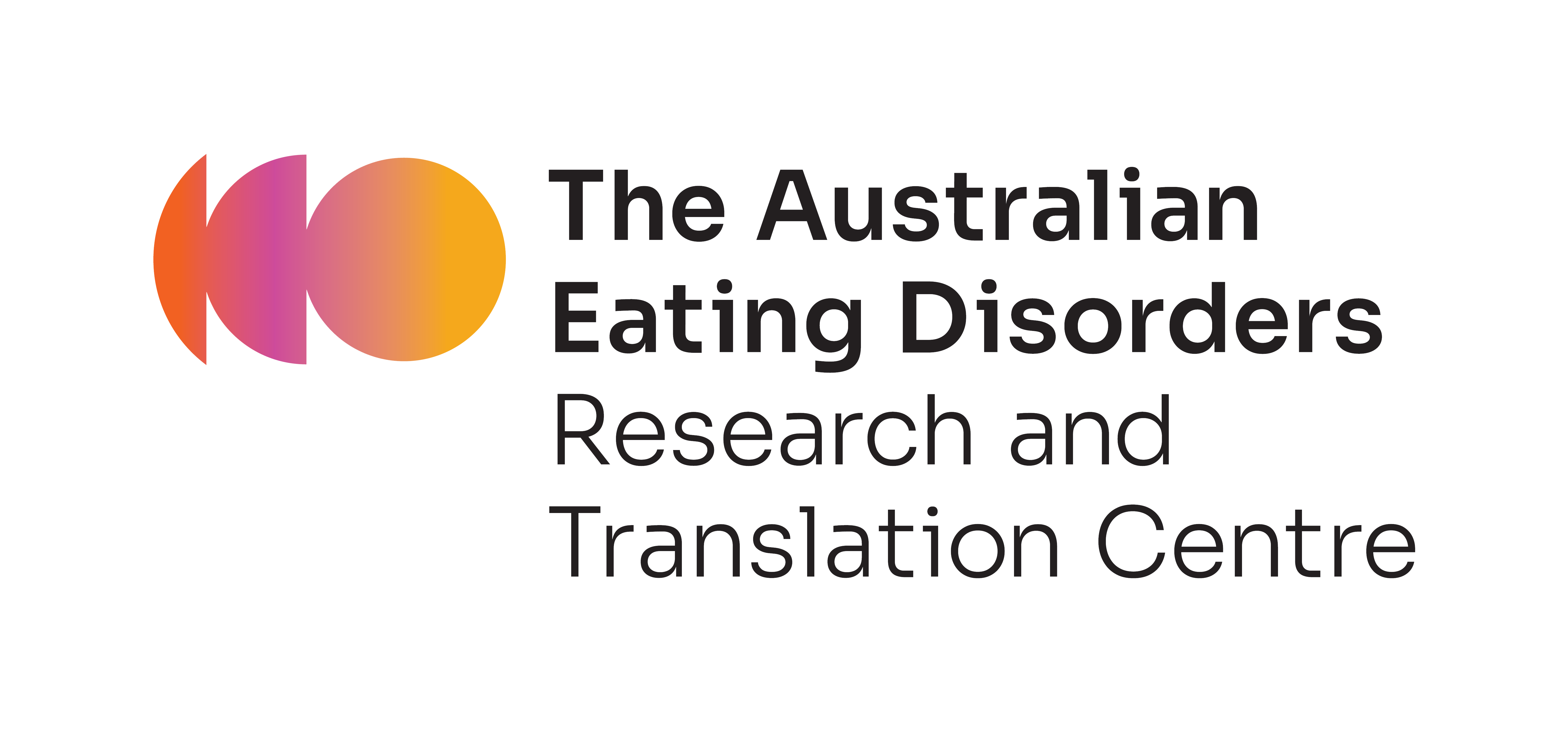
Miss Jamie Neal
Curtin University
Affiliate Authors
Associate Professor Sarah Egan, Curtin University;
Professor Tracey Wade, Flinders University;
Professor Roz Shafran, University College London;
Society tends to view perfectionism as a positive personality trait. It’s a common misconception that perfectionism is just “doing things perfectly.” But more and more, research is showing that perfectionism can be harmful, leading to a range of health problems; as well as feelings of shame, avoidance, depression and anxiety.
Perfectionism is a process centred on intense self-pressure to meet increasingly high standards, which has a significant impact on how an individual views themselves. People with eating disorders show higher rates of perfectionism than those without. There is a strong link between perfectionism and the onset of eating disorders, as well as an increase in disordered eating symptoms & a lower rate of recovery.
Additionally, research shows that there is often a genetic and environmental link between parent and child perfectionism. Currently there in no treatment that addresses harmful perfectionism in both parents and young people, and we’ve heard from parents and carers that they often feel a lack of support.
By designing a self-help program that parents and carers can work through with their child, we hope to provide accessible support to caregivers, which may help them understand their own patterns and beliefs. We believe this program will aide in improving harmful perfectionism in young people with eating disorders so that they are better able to recover and thrive.
